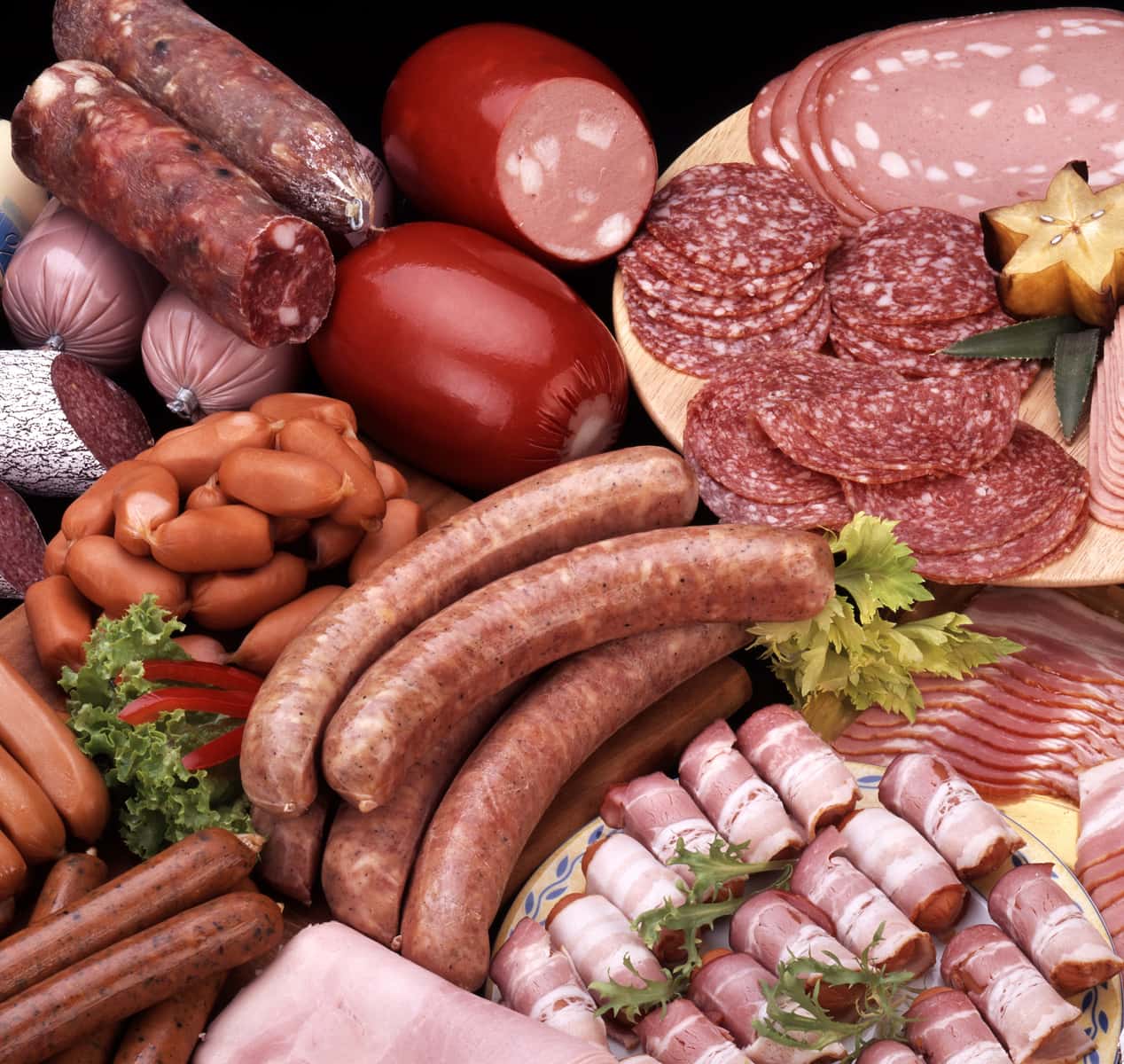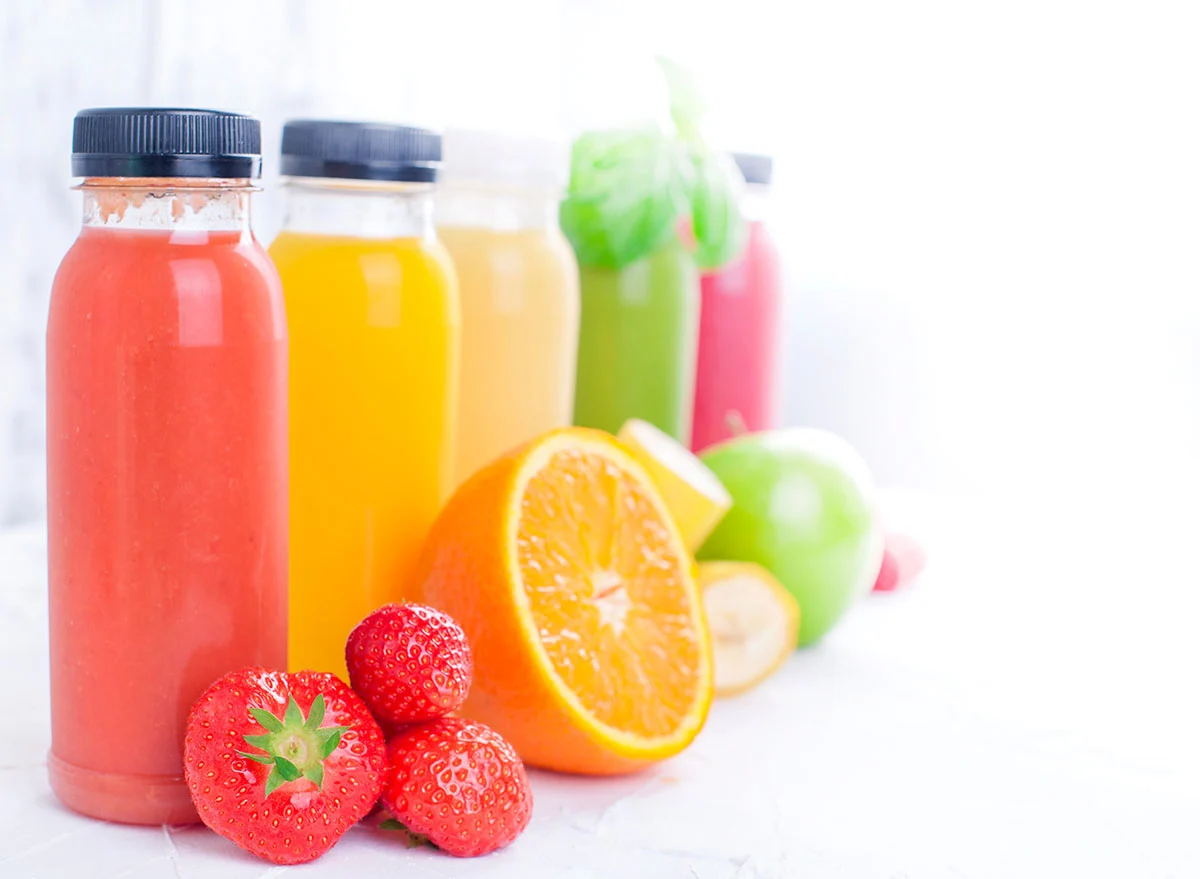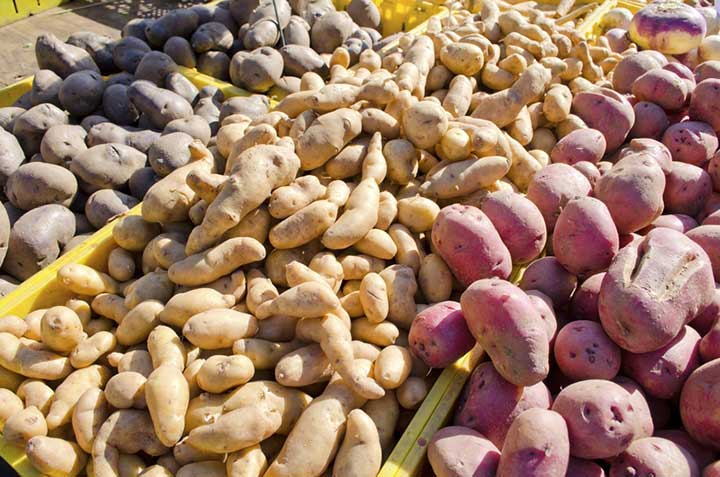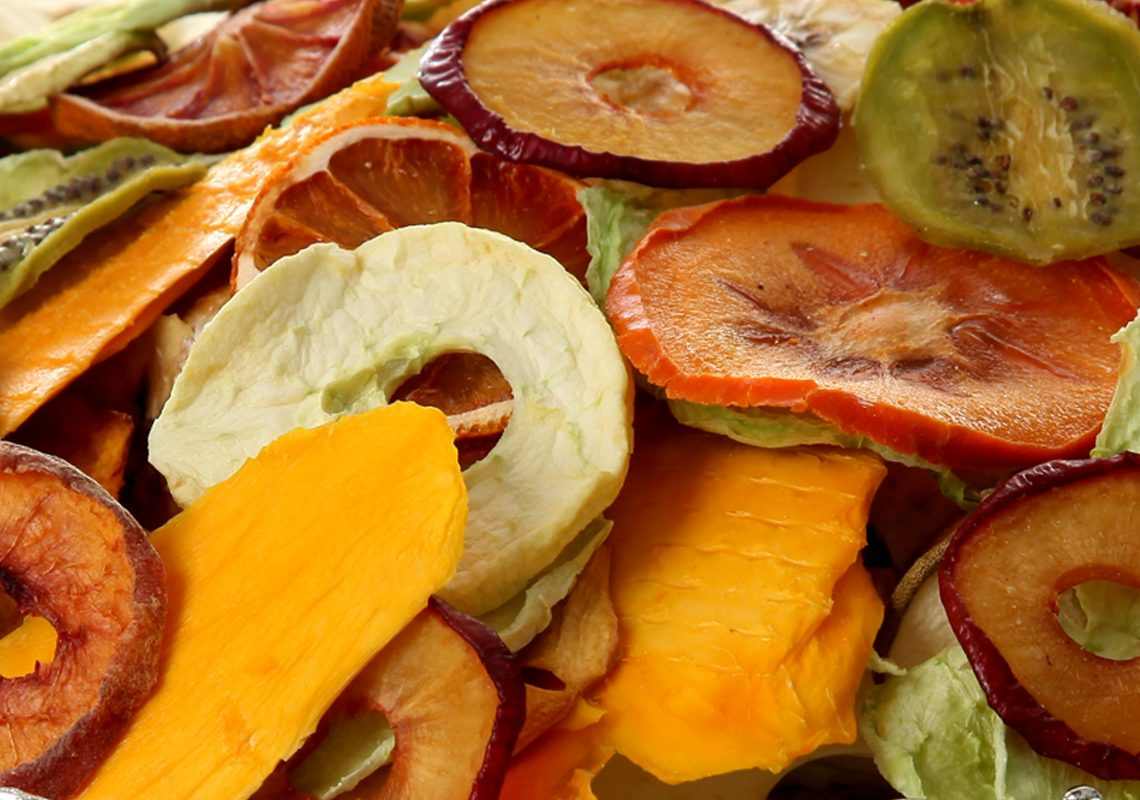Health
6 Foods You’re Eating Daily That Are Slowly Damaging Your Kidney

Your likelihood of developing kidney disease can be increased by a number of aspects of your lifestyle and health, including diabetes.
The kidneys are a pair of vital organs that are located on either side of the spine at the base of the rib cage.
In addition to their many other critical functions, kidneys are responsible for filtering waste products and eliminating excess fluid from the body through the process of urination.
Along with producing a hormone that promotes the production of red blood cells, the kidneys are crucial for regulating the body’s mineral balance.
Unfortunately, as time passes, your kidneys are more susceptible to damage and function less effectively. Kidney disease is the general name for this condition, which affects approximately 10 percent of adults around the world.
Your likelihood of developing kidney disease can be increased by a number of aspects of your lifestyle and health, including diabetes.
Your blood vessels, particularly those in your kidneys, could be harmed if you have high blood sugar for an extended period of time. As a direct consequence of this, approximately one in three persons who have diabetes also have kidney disease.
When a person has kidney disease, they may have an abnormally high level of waste products in their blood. A change in diet may be recommended by a doctor in order to assist in the management of the condition and to support healthy kidney function.
This article discusses foods that should be avoided when dealing with kidney disease and diabetes.
6 Foods to Avoid with Kidney Disease and Diabetes
#1. Processed Meats

Processed meats are made by drying, salting, curing, or smoking meats to improve their flavor, texture, and shelf life. A few examples of processed meats you might be familiar with are bacon, deli meats, sausage, and jerky.
The high sodium level in processed meats is mostly attributable to the fact that these meats are typically salted. For instance, a regular portion of bacon that is 3 ounces (85 grams) includes a whopping 1,430 mg of sodium, which is approximately 62 percent of your daily sodium allotment if you have kidney disease.
Consuming an excessive amount of salt places a substantial burden on the kidneys, which is why diabetics and those who have kidney disease should steer clear of foods that are high in sodium. Your blood pressure may rise as a result of this, and you may have an accumulation of fluid in areas such as your ankles, as well as in the area around your heart and lungs.
Choose lean, skinless pieces of meat like chicken breast fillets, which have a lower sodium content than processed meats. On the other hand, just like with any other food that is high in protein, you should consume these foods in moderation according to the stage of kidney disease you have.
#2. Packaged foods and fast food

Packaged foods and fast food all have a tendency to have a high sodium content, which is one of the reasons why these types of foods aren’t ideal for someone who has renal disease and diabetes.
Instant noodles, frozen pizza, frozen boxed meals, and several other forms of microwavable meals are some examples of foods that fall into this category.
For instance, a slice (102 grams) of frozen pepperoni pizza includes 568 milligrams of sodium, which is one-quarter of the sodium consumption that is recommended for someone with kidney disease. Furthermore, it does not give a large amount of any nutrients that are healthy.
These foods have been substantially processed and frequently contain a high concentration of refined carbohydrates. If you have diabetes, you should avoid refined carbohydrates because they are absorbed rapidly and have a tendency to cause a surge in blood sugar levels.
#3. Fruit juices

If you have kidney disease and diabetes, you should stay away from fruit juices and any other liquids that are sweetened with sugar.
These drinks typically include a significant amount of added sugar, which can lead to fast rises in blood sugar levels. This is cause for concern due to the fact that diabetes hinders your body’s capacity to absorb sugar effectively, and sustained high blood sugar levels can lead to a variety of health concerns if left untreated.
In addition, some fruit juices have a high concentration of minerals, such as potassium. For instance, there are around 443 milligrams of potassium in one cup (240 milliliters) of orange juice.
#4. Potatoes and sweet potatoes

Because of their high potassium content, potatoes and sweet potatoes can be problematic for persons who already have kidney disease, particularly those who are in the advanced stages of the condition.
For instance, a medium baked potato (156 grams) has 610 milligrams of potassium while a regular baked sweet potato (114 grams) has 541 milligrams of potassium.
However, the potassium level in potatoes and sweet potatoes can be greatly reduced by soaking them in water or using a leaching process.
One study found that the potassium content of potatoes could be significantly lowered by cutting them into thin slices and boiling them for at least ten minutes.
READ ALSO: 6 Things You Do Every Day That May Be Destroying Your Sperm
In another study, soaking potatoes after cooking them cut the potassium content by as much as 70%, making the potassium levels safe for people with kidney disease.
Potatoes and sweet potatoes, regardless of how they are prepared, still contain a significant amount of carbohydrates; therefore, those who have diabetes should limit their consumption of these foods as much as possible.
#5. Dried fruits

Dried fruits are made by extracting water from fruit using various techniques. This results in the production of small fruits that are high in both calories and nutrients.
Because of the high levels of sugar and minerals like potassium found in dried fruits, they should be avoided by persons suffering from kidney disease and diabetes.
One serving of dried apricots, which is equal to around 65 grams or a half cup, has a potassium content of about 755 milligrams.
Additionally, dried fruits contain a significant amount of sugar that is metabolized quickly, which is not suitable for diabetics.
#6. Snack food

Snack foods like chips, crackers, and pretzels often contain a high amount of salt and refined carbohydrates, which makes them inappropriate for individuals who suffer from kidney disease or diabetes.
Either naturally or as a result of the addition of additives, certain snack foods, such as potato chips, have high levels of other minerals, such as potassium or phosphorus.
Take potato chips as an example; a single-serving bag of medium-sized chips (57 grams) has 682 milligrams of potassium, 300 milligrams of sodium, and 87 milligrams of phosphorus.
As part of any healthy diet, snack foods should be limited or avoided entirely, and this is especially important if you have certain health issues such as diabetes or kidney disease. Instead, you should experiment with diabetes-friendly snacks that are rich in nutrients.

